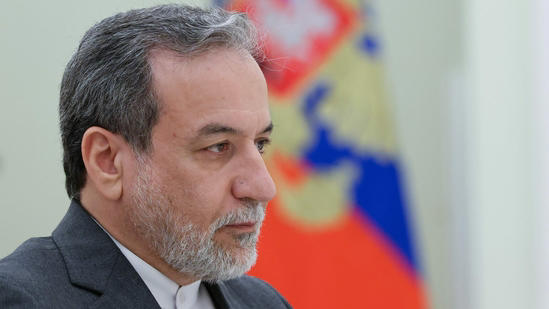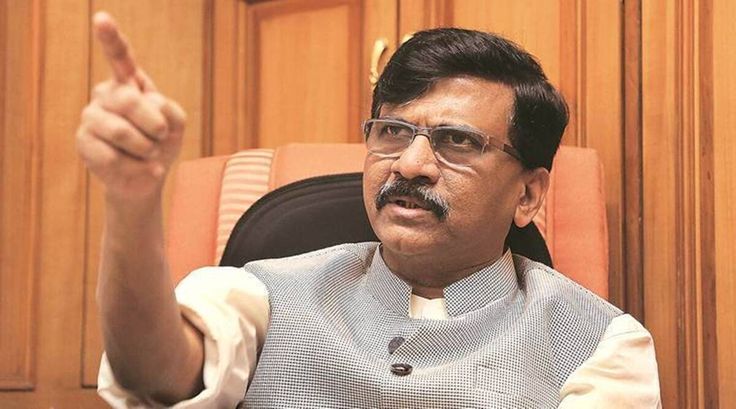Tehran Slams “Unacceptable, Childish” Remarks by Netanyahu and Trump, Warns of Consequences
Just days after the U.S.–Israel air-strike dubbed “Operation Midnight Hammer” crippled Iran’s Fordow and Natanz nuclear sites, a new front has opened—this time in the media. Iranian Foreign Ministry spokesperson Nasser Kanaani ridiculed Israeli leaders for “running to their daddy,” taking aim at former U.S. president Donald Trump and Israeli Prime Minister Benjamin Netanyahu for boasting that Supreme Leader Ayatollah Ali Khamenei would “come begging.” Calling their rhetoric “unacceptable and childish,” Tehran warned that further provocations could prompt Iran to exit its residual cooperation with the International Atomic Energy Agency (IAEA). With Russia and China backing Iran diplomatically, and the European Union urging restraint, the verbal cross-fire underscores how quickly cyber, kinetic, and rhetorical battles can fuse into a broader regional crisis.
“Ran to Daddy”—Tehran’s Counter-Punch to Trump and Netanyahu’s Boasts
Kanaani’s colourful phrase—“They ran to daddy and bragged”—was Tehran’s most pointed public jab since the missile exchanges earlier this week. The “daddy” in question is Donald Trump, who at a Michigan rally claimed Iran was “scared stiff” and that Khamenei would “be on the phone begging for mercy.” Netanyahu, seizing on Trump’s line, said Iran had “learned its lesson” and should “thank its lucky stars” that the air-strikes were limited.
#Iran Hits Back At #Trump Over Remarks On Khamenei, Says #Israel “Had No Choice But To Run To Daddy” pic.twitter.com/IZYyokCOzE
— JK CHANNEL (@jkchanneltv) June 28, 2025
Tehran’s rejoinder framed Israel as a child hiding behind an overbearing parent: the United States. Kanaani said both leaders were indulging in “… cheap theatrics detached from ground realities.” He stressed that Iran’s retaliation options remained “wide open,” from missile deterrence to downgrading IAEA access.
By choosing mockery—“running to daddy”—Tehran aimed to delegitimise Israel’s claims of independent deterrence, painting Tel Aviv as dependent on Washington’s political cover and Trump’s rhetorical bravado. Iranian state TV ran primetime montages juxtaposing Trump’s speech with images of Israeli civilians sheltering during Iran’s missile barrage, framing it as proof that “bragging does not equal security.”
IAEA Access, Global Fallout, and What Iran’s Threat Means for Diplomacy
Iran’s threat to scale back IAEA inspections is not empty posturing. After the bunker-buster strikes at Fordow, Iran gave inspectors limited access, but parliamentarians have tabled a bill to expel “non-essential” UN staff if hostile rhetoric continues. IAEA Director-General Rafael Grossi has already urged Iran to keep cameras running, warning that a monitoring blackout would cripple global visibility on Tehran’s nuclear program.
Russia and China immediately echoed Iran’s protest, labelling Trump’s language “destabilising” and calling Israel’s strike a violation of international norms. Meanwhile, the European Union walked a delicate line, condemning Trump’s taunts yet reminding Iran that quitting the IAEA would cross a “point of no return” for future diplomacy.
In Washington, the White House distanced itself from Trump’s remarks but stopped short of criticising the Israeli strike. Officials reiterated that “all tools remain on the table” if Iran escalates.
Key Takeaways:
- Verbal Escalation: Mockery and personal insults now compete with missiles and cyber-attacks as tools of deterrence and public influence.
- Inspection Peril: Iran’s hint of ending IAEA cooperation could blind the world to its nuclear timetable, raising the risk of miscalculation.
- Great-Power Lines: Russia and China’s quick support for Iran, versus muted Western critique of Israel, highlights deepening geopolitical fault lines.
With tempers flaring on Twitter feeds and in foreign-ministry press rooms, the next misstep—verbal or kinetic—could push the Middle East closer to a flashpoint. For now, Tehran’s “running to daddy” jibe is a warning: mockery has limits, and Iran claims it still holds cards that could redraw the region’s security calculus.





















